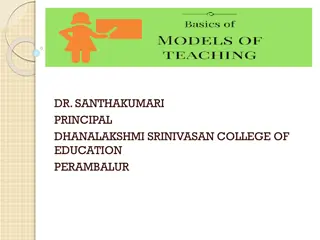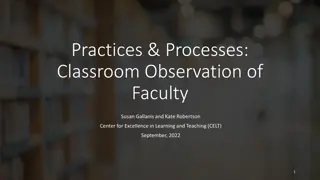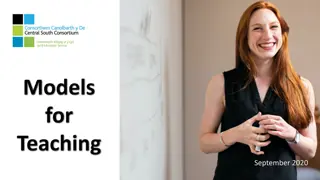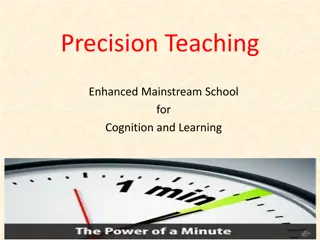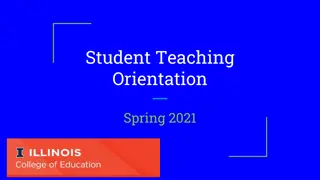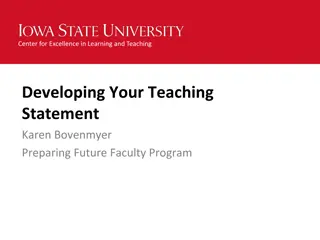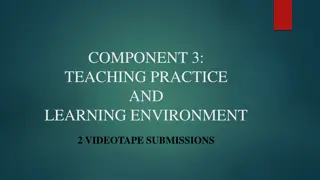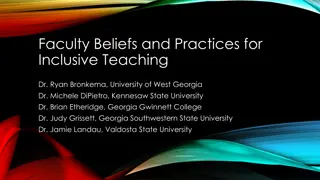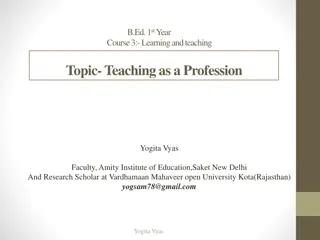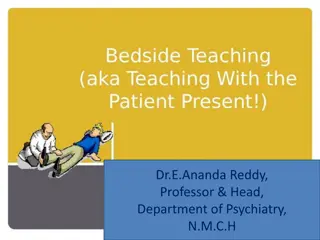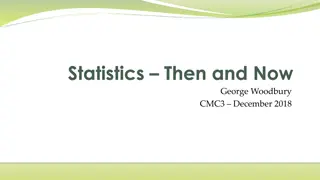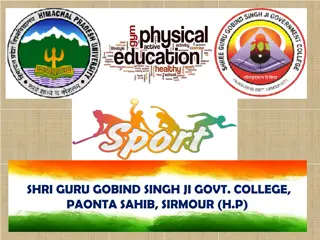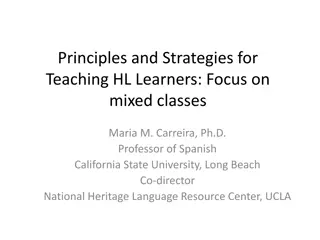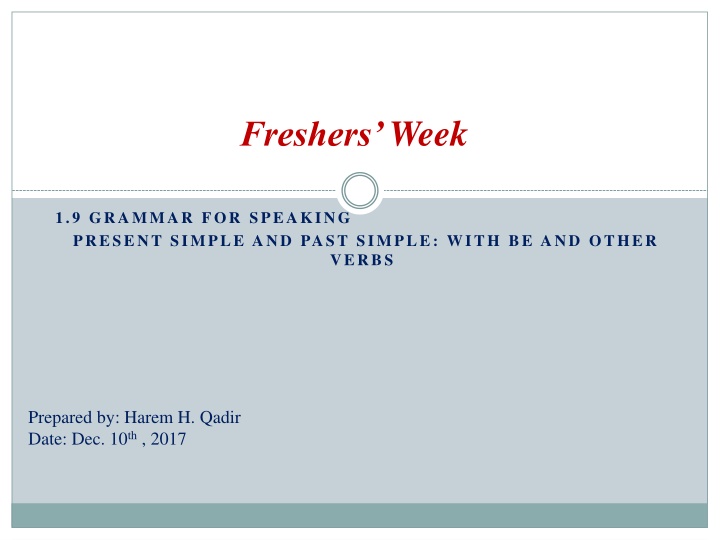
Grammar Essentials for Simple Present and Past Tenses
Learn how to use the simple present and past tenses in English, including affirmative, interrogative, and negative forms. Understand verb conjugations and special spelling rules to improve your speaking skills effectively.
Download Presentation

Please find below an Image/Link to download the presentation.
The content on the website is provided AS IS for your information and personal use only. It may not be sold, licensed, or shared on other websites without obtaining consent from the author. If you encounter any issues during the download, it is possible that the publisher has removed the file from their server.
You are allowed to download the files provided on this website for personal or commercial use, subject to the condition that they are used lawfully. All files are the property of their respective owners.
The content on the website is provided AS IS for your information and personal use only. It may not be sold, licensed, or shared on other websites without obtaining consent from the author.
E N D
Presentation Transcript
FreshersWeek 1.9 GRAMMAR FOR SPEAKING PRESENT SIMPLE AND PAST SIMPLE: WITH BE AND OTHER VERBS Prepared by: Harem H. Qadir Date: Dec. 10th , 2017
Objectives of the Lecture: produce sentences to talk about general facts using the present simple. produce sentences to talk about past facts using the past simple.
Simple present tense James is a taxi driver. He drives a taxi. But on Sundays he doesn't drive his taxi. He stays at home. The verb be, drive, stay are in the simple present.
Affirmative form of the simple present: I, you, we, they play He, she, it plays Remember the verbs in the third person singular (he, she and it) always take an "s". For example, "he plays, she sings, it works... Examples: Nancy and James speak good German. Nancy works in a restaurant downtown. The children play in the garden every weekend.
Interrogative form of the simple present: I, you, we, they he, she, it Do Does Play? Play? Examples: Do you speak good German? Does Nancy work in a restaurant?
Negative form of the simple present: do not I, you, we, they don t does not play He,she ,it doesn t Examples: No, I don't speak German. No, she doesn't work in a restaurant downtown
Spelling All the verbs take an "s" in the simple present in the third person singular (he, she, it) form: Examples: I visit my parents every summer holiday. But my wife visits her parents every weekend. My brother meets his girlfriend everyday. So the rule is: He / she / it / + v + s
Spelling There are however some special cases. Here are the spelling rules: Verbs ending in o go = goes do = does Verbs ending in s, z, sh, tch, ch Silent e Vowel + y Consonant + y study = studies marry = marries close = closes note = notes play = plays say = says miss = misses buzz = buzzes hatch = hatches finish = finishes teach = teaches Exception: The verb to have changes its forms as follows: I have two sisters and two brothers. But she has one sister and two brothers. I have = he / she / it has
The simple past tense of the verb to be: was. I, he, she, it were. you, we, they Examples: I was in London in 1999. Pam was in London in 1999, too. We were together. She was my girlfriend.
The simple past tense of the verb to be: Was Were I, he, she, it? you, we, they? Examples: Were you in London last year? Was Pam with you? Were you together? was not. wasn't. were not. weren't. I, you, he, she You, we, they
Past Simple with other verbs Affirmative Subject + verb + ed I skipped. Negative Subject + did not + infinitive without to They didn't go. Interrogative Did + subject + infinitive without to Did she arrive? Interrogative negative Did not + subject + infinitive without to Didn't you play?
Past Simple Form of Simple Past positive I spoke negative She didn t speak question Did they speak No differences For irregular verbs, use the past form (see list of irregular verbs, 2nd column). For regular verbs, just add ed .
Exceptions in Spelling when Adding ed Exceptions in spelling when adding ed Example after a final e only add d Love - loved final consonant after a short, stressed vowel or l as final consonant after a vowel is doubled final y after a consonant becomes i admit admitted travel travelled hurry hurried
The Verb to be: Present Simple Other Verbs: Present Simple Subject Verb Compliment Extra information The 11+ Is An exam A levels Are Exams School Compulsory After 16 Isn t Classes Small At secondary school Aren t Subject Verb Object Extra information At five From five to 11 At nursery school Many children Primary school Children Primary Begin Lasts School Six years Exam Second Don t take Doesn t mean
The Verb be: Past Simple Other Verbs: Past Simple Subject Verb Compliment Extra information At primary school At 16 In the sixth form I Was (n t) Good The exams I Were (n t) Was (n t) Easy A prefect Subject Verb object Extra information At five At the end of secondary school At 16 I I Started Took School Ten GCSEs I Didn t leave School





